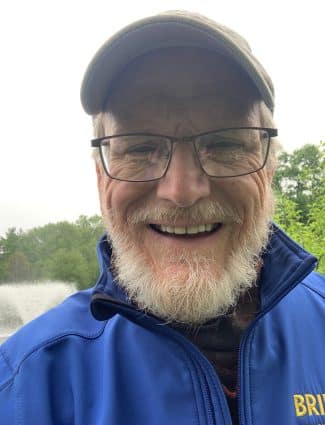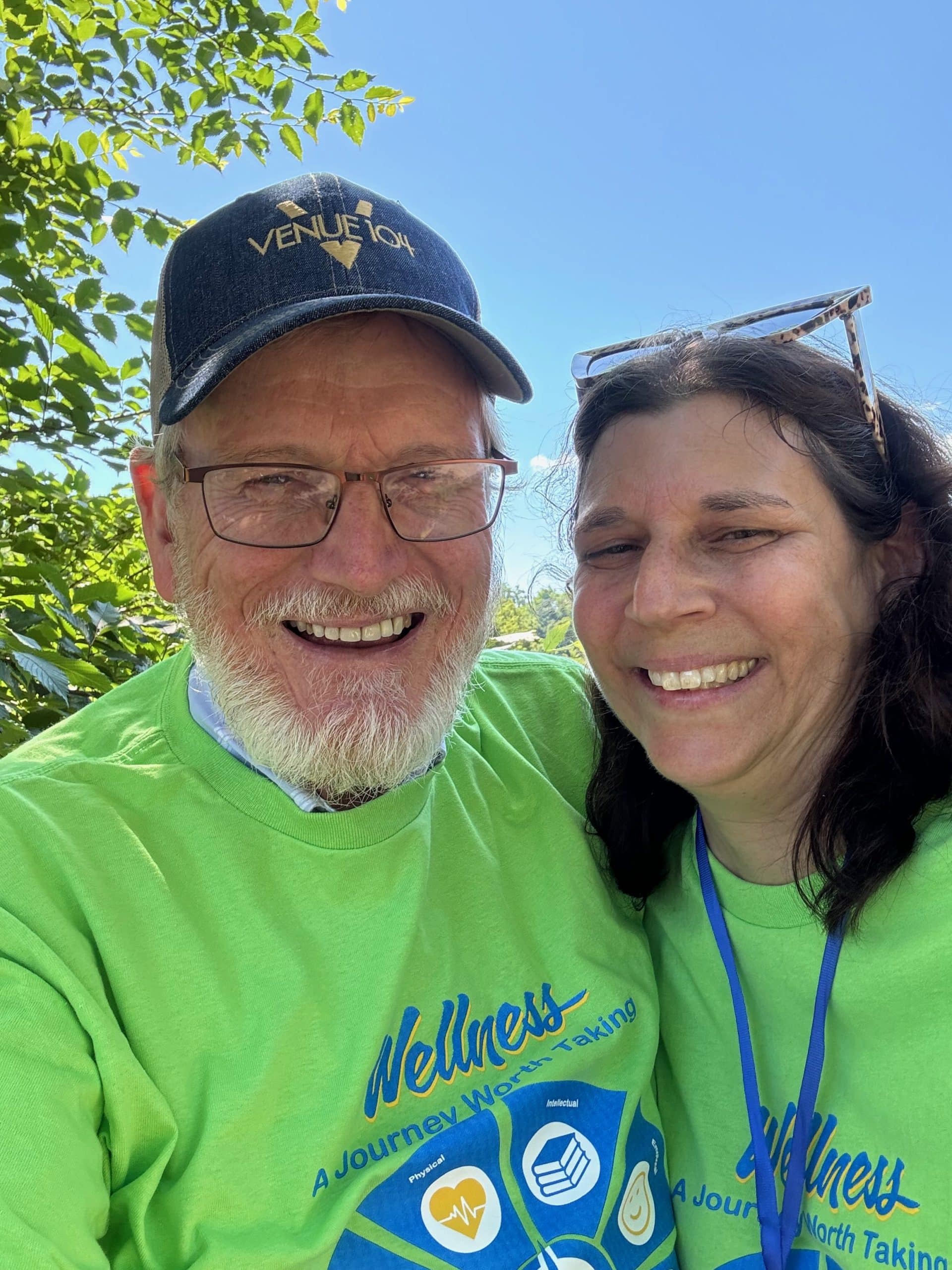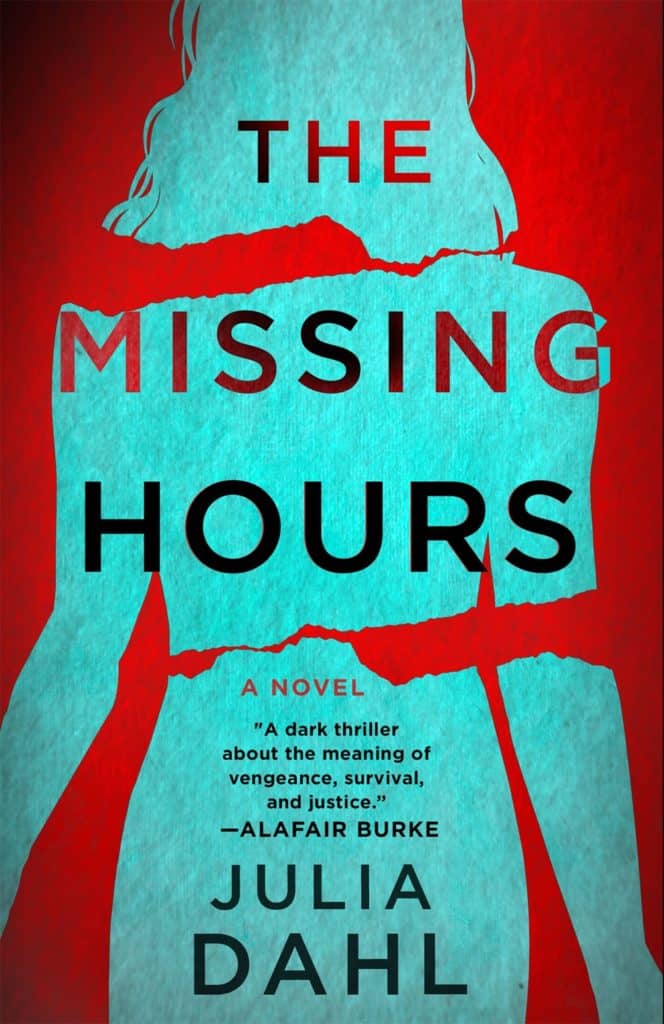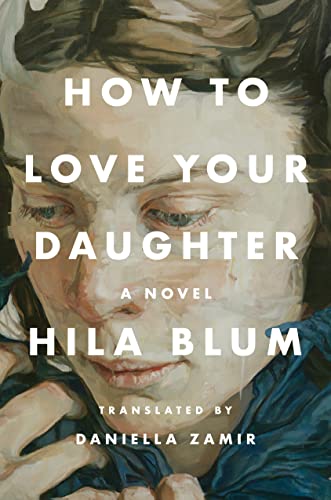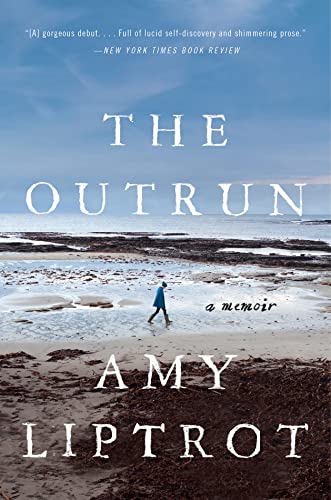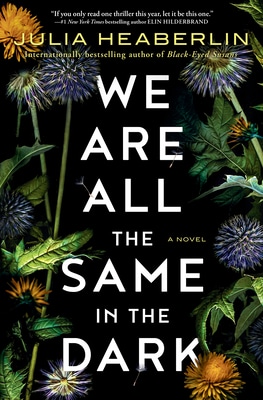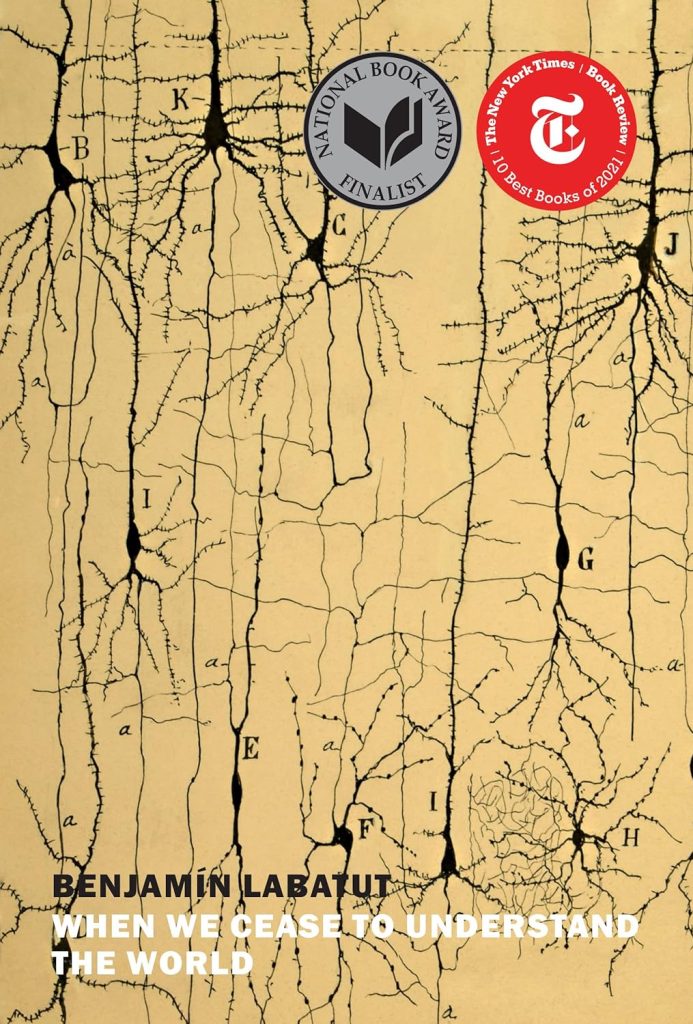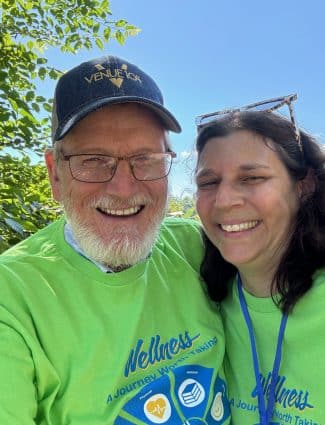
Walking the Cranford Train Platform
I'm Known for Walking Around Cranford
Estimated reading time: 1 minute, 40 secondsAs I walked along Columbia Avenue and entered the walking path, I noticed it was empty because the schools were closed for the summer. After a short distance, I passed a man walking his dog. I greeted him with a friendly “How are you?” He responded with “you, too.” I mentioned the hot weather, with temperatures predicted to be in the nineties, and he stopped to chat. He mentioned seeing me at the train station platform now that he’s back in the office a few days a week and asked if I exited the train and started my walk there.
Pausing our walk, I shared that I reside in Cranford and often incorporate the train platforms into my walking routine for extra stair work. “I’m a regular walker all over town,” I quipped. If circumstances were different, perhaps if we were more acquainted, his dog hadn’t been with him, or my legs hadn’t been weary, I might have mentioned that it was my 1147th consecutive day of walking. We bid each other farewell, our faces adorned with smiles and a newfound appreciation for our shared early morning walks.
He could become a new companion on my walks around town. Someday, I might share with him the reason behind my daily walking streak, the musings that occupy my mind as I stroll, or how it has helped me grieve. If not, he might hear my tale from others who spot me and share that they knew I was passing by their home or business.
As I walked around Nomahegan Park, a fond memory of my grandmother‘s jest when I was fascinated with trains resurfaced: “Perhaps, before you were born, they said trains, and you chose that gift over brains.” Her words, laced with humor, always made me smile. When Jan and I tied the knot, she commended my decision-making skills. Yet, my love for trains persists, and I cherish the brief moments I spend each day on the platforms, observing commuters embark or disembark their trains.
How Did I Grieve?
I'm Known for Walking Around Cranford
Estimated reading time: 1 minute, 40 seconds

